The discussion session was attended by nearly 300 delegates, including leaders of several Vietnamese ministries and sectors; representatives of national governments , international financial organizations, multilateral development institutions, businesses and experts in the fields of finance and environment.

Chairing the discussion session, Deputy Minister of Finance Do Thanh Trung affirmed the importance of the green growth strategy for Vietnam and the international community; emphasizing that green growth is an irreversible trend, a prerequisite to ensure sustainable development and enhance resilience to climate change.
Countries and financial institutions need to coordinate policies to build a fair, equitable and sustainable financial framework.
Delegates focused on discussing capital needs, experiences in developing green financial markets in countries; solutions to overcome technical, legal and market barriers to increase the ability to mobilize capital for green projects; financial policies to attract investment from the public and private sectors, maximizing resources for green transformation.
Ms. Rebeca Grynspan, Secretary-General of the United Nations Conference on Trade and Development (UNCTAD), emphasized the key role of reforming the global financial architecture to ensure that capital reaches the right place at the right time, especially in developing countries. She called for increasing financial equity and facilitating access to green finance for all countries.
Speakers such as Mr. Chuop Paris, Deputy Minister of Environment of Cambodia; Mr. Chung Keeyong, Deputy Minister and Ambassador for Climate Change of the Republic of Korea; Ms. Amelia Tang, Deputy Minister of the Prime Minister's Office of Singapore; Mr. Kees van Baar, Ambassador of the Netherlands to Vietnam emphasized the importance of public-private cooperation and the need to connect policies between countries in the region, towards the formation of a cross-border green financial corridor in Asia.
Speakers also proposed sharing successful experiences of ASEAN countries in designing financial incentive packages for green bond issuance and sustainable credit and proposed expanding regional cooperation to co-develop common standards on green finance.
The parties affirmed their commitment to working together in the green transformation in Vietnam, especially in the fields of water management and climate-smart agriculture.
Representing the local government, Vice Chairman of Ho Chi Minh City People's Committee Nguyen Van Dung affirmed the city's pioneering role in promoting green finance.
Ho Chi Minh City has issued a green growth plan to 2030, implemented specific financial policies and strongly attracted green investment capital through urban green bonds and green PPPs.
The city also proposed many groups of solutions, such as perfecting the legal framework, diversifying capital sources, developing green financial products, and strengthening international cooperation...
Speakers also stressed that the global green finance gap remains large due to limited international climate finance flows, especially in developing countries. Therefore, there is a need for innovative sources of capital, capacity building for small and medium enterprises and addressing the gender gap in accessing green finance.
The role of multilateral development banks and governments in risk sharing, and proposals for smart, flexible financing mechanisms to attract private capital into the green transition are also discussed.
Commenting on the green finance market in Vietnam, the speakers also pointed out barriers, such as the lack of a clear classification system; the need for financial policy reforms such as tax incentives, credit ceiling adjustments, exemption or reduction of required reserves for green credit, and a clear legal framework for green bond issuance.
The discussion session recorded a high level of consensus on the need to improve the global financial structure and strengthen the role of national financial institutions in promoting green financial markets.
Four policy priorities proposed by delegates include: Perfecting national and global financial institutions; promoting innovation in green financial products; enhancing public-private partnership; and enhancing transparency and supervision of green finance.
One of the most outstanding results in the field of green finance and green credit is the growth rate of green credit in Vietnam. Green credit outstanding balance has increased from 71 trillion VND in 2015 to nearly 8 times, reaching 564 trillion VND in 2023, accounting for 4.4% of the total outstanding balance of the entire economy.
Source: https://hanoimoi.vn/de-xuat-4-uu-tien-chinh-sach-ve-tai-chinh-xanh-699251.html



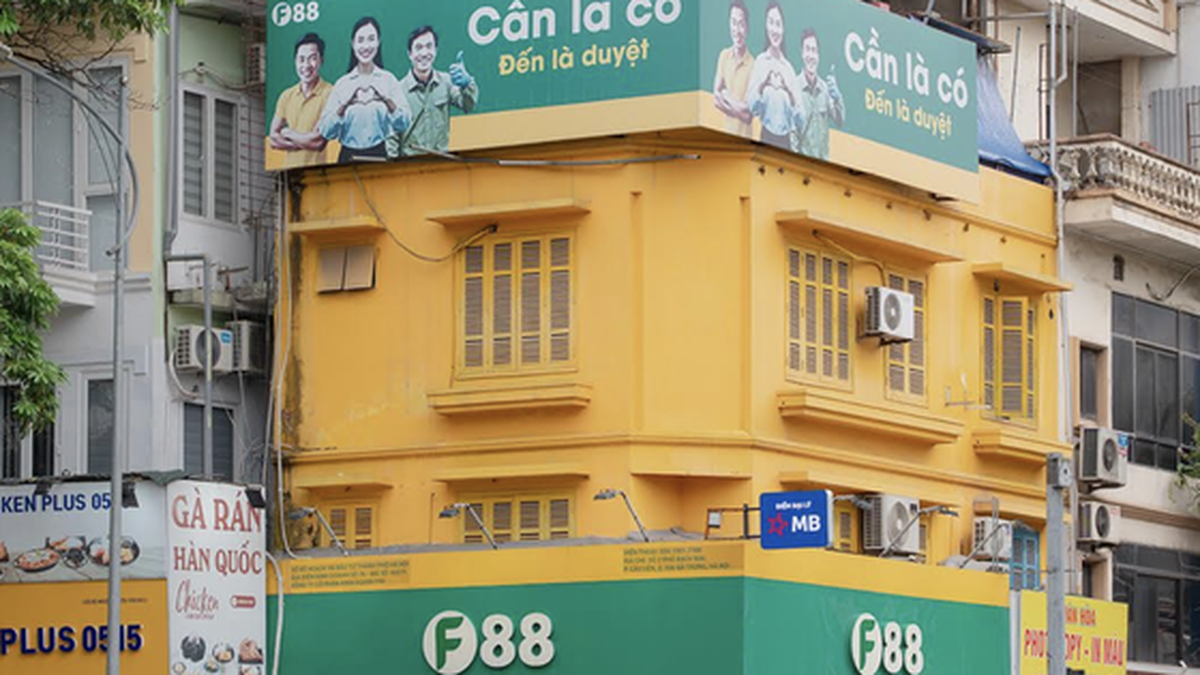
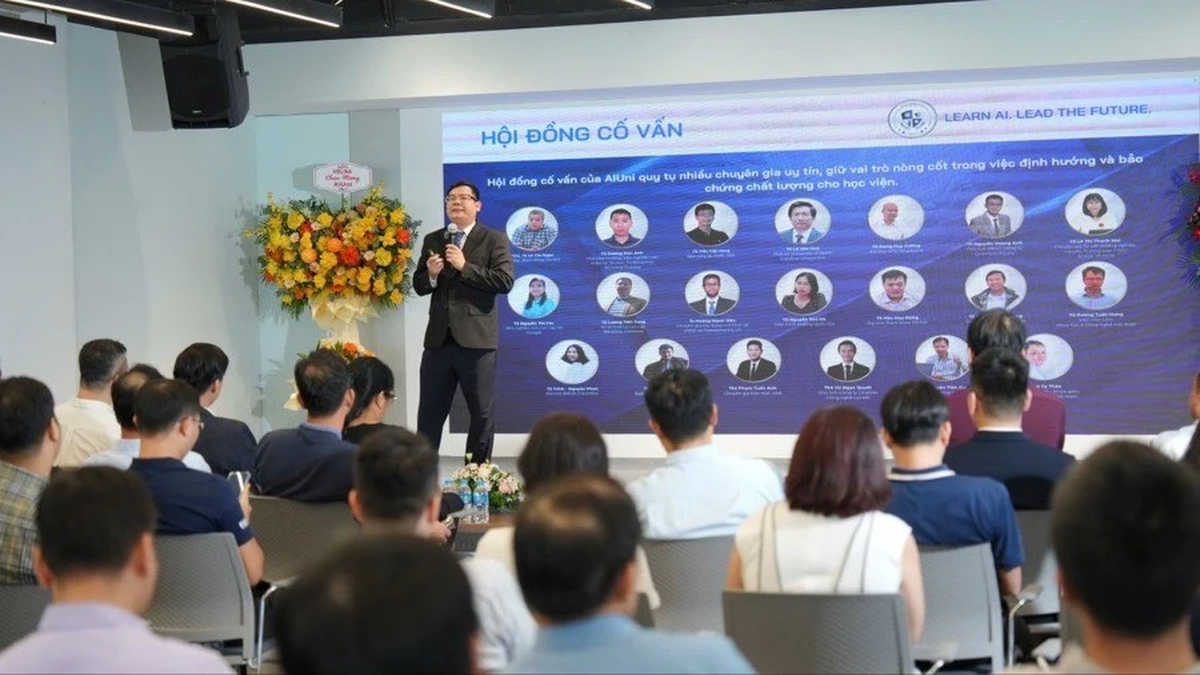


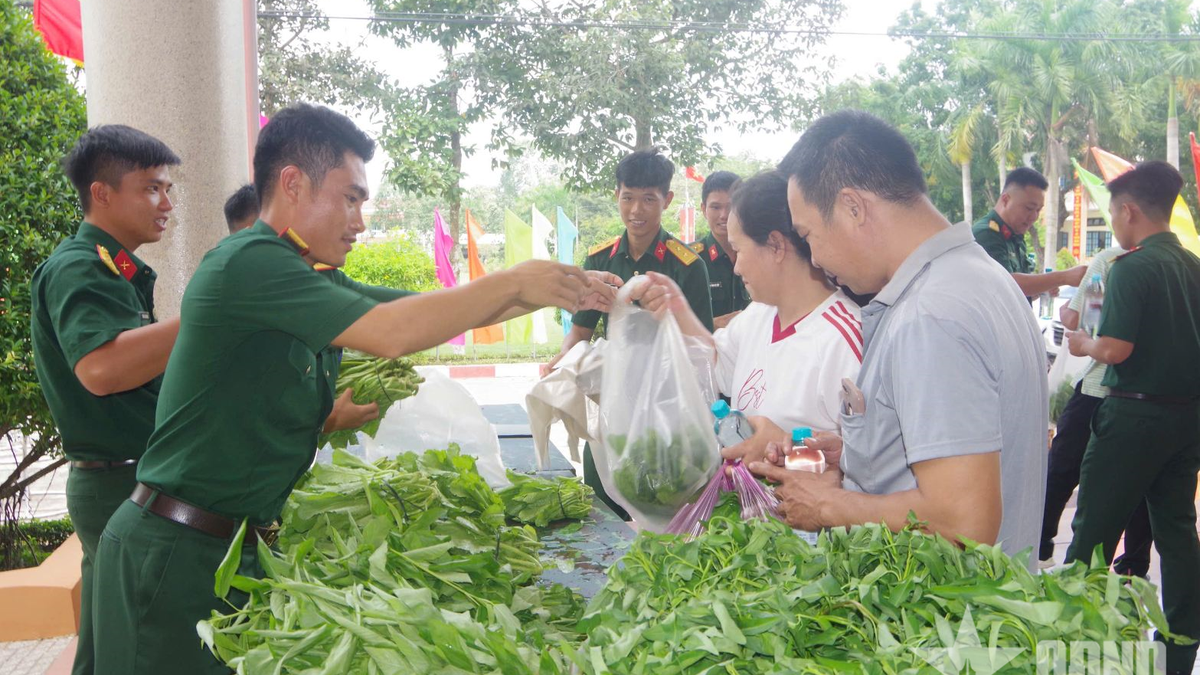
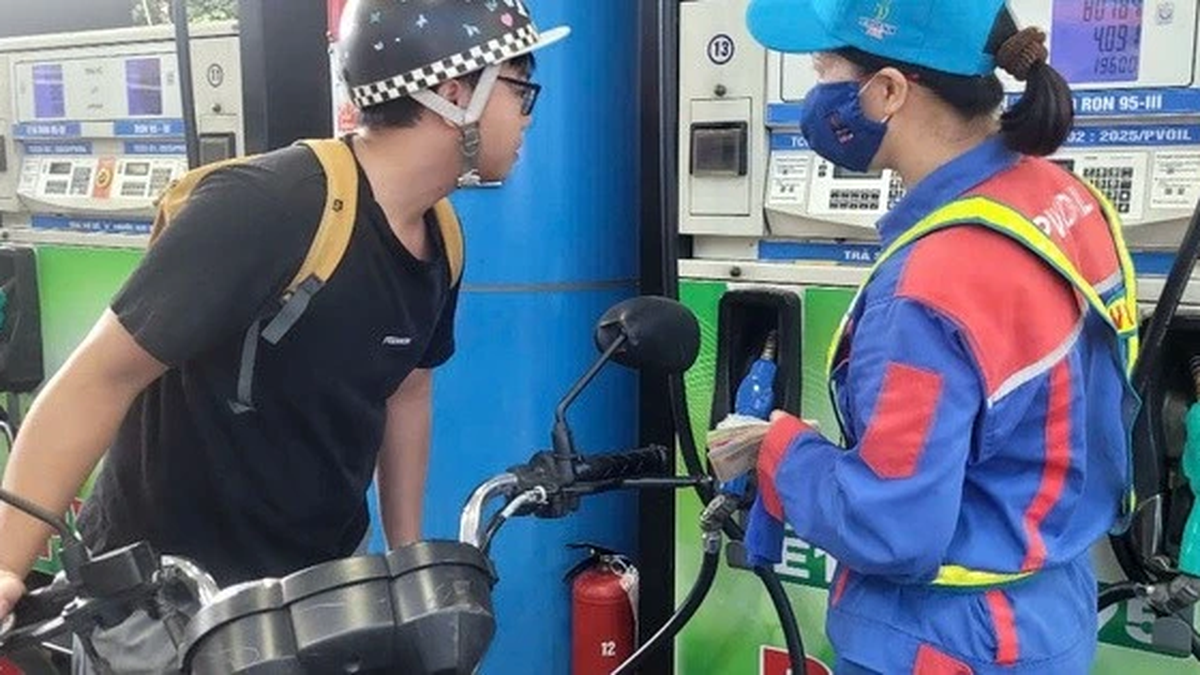

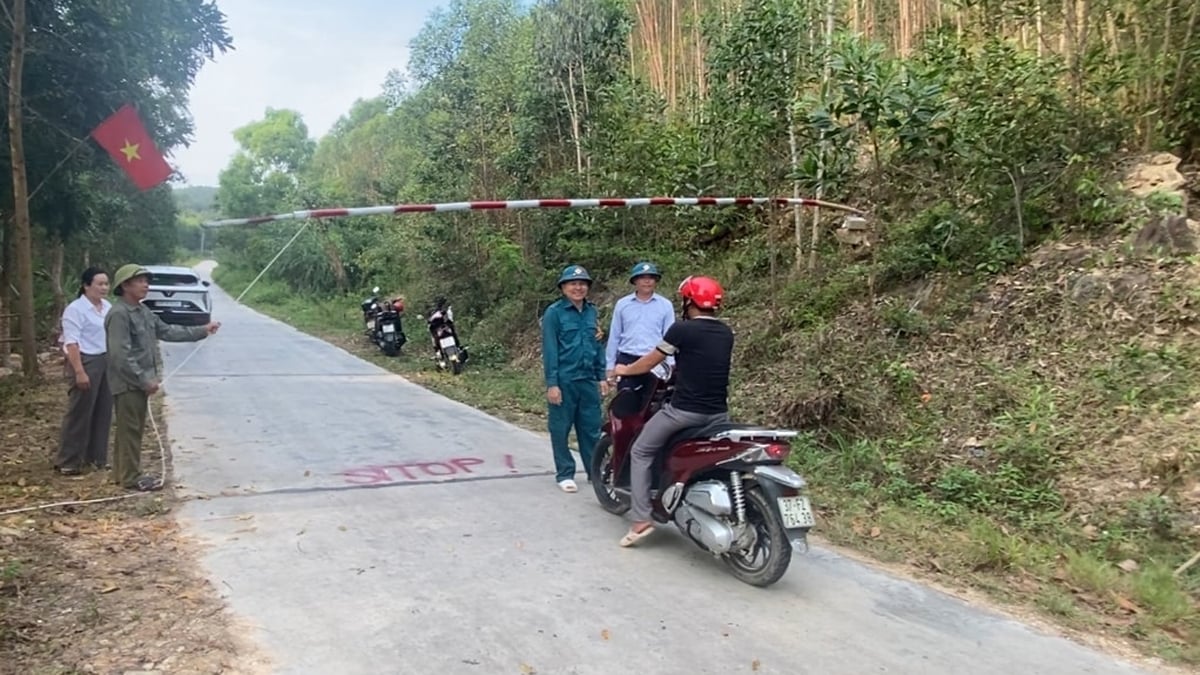
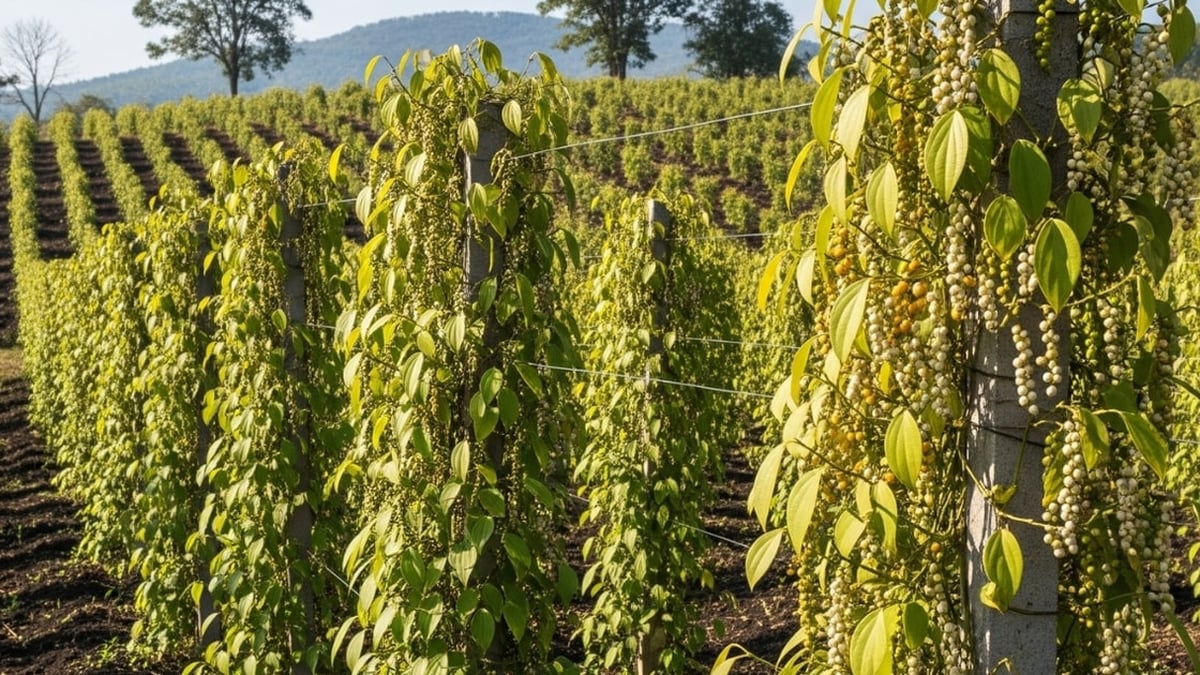








































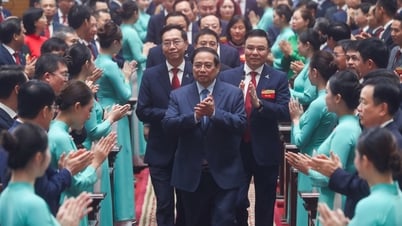











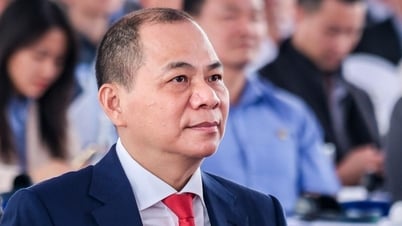
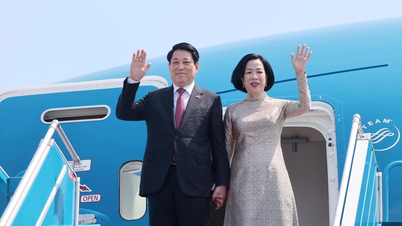

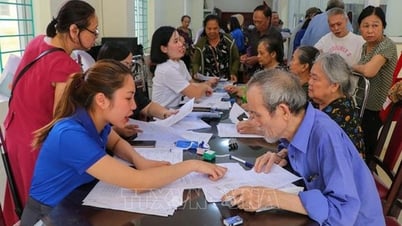



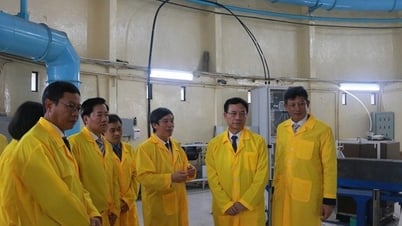



























Comment (0)